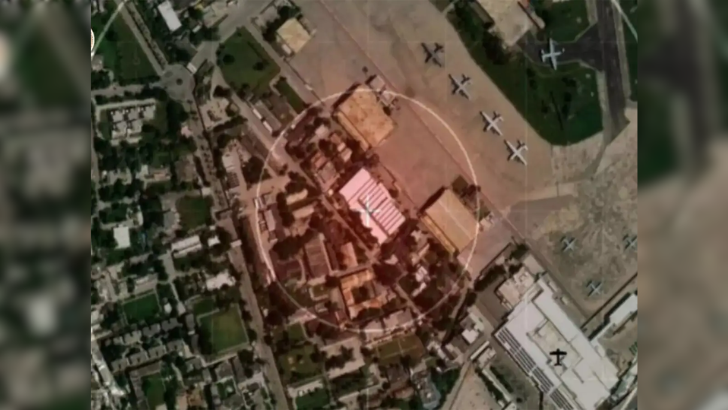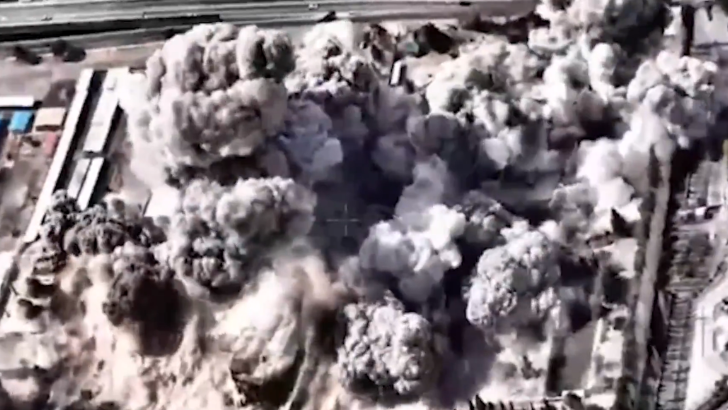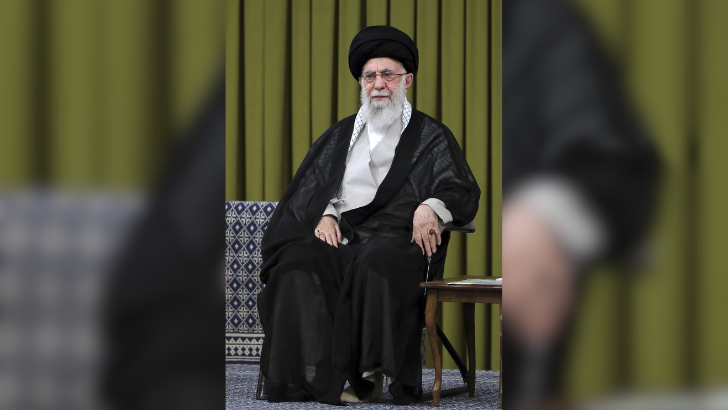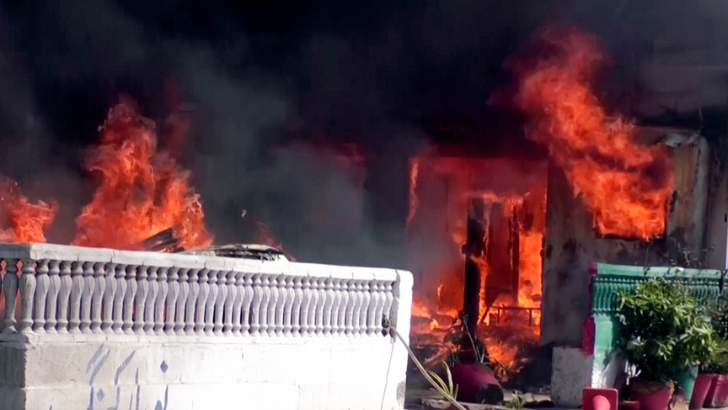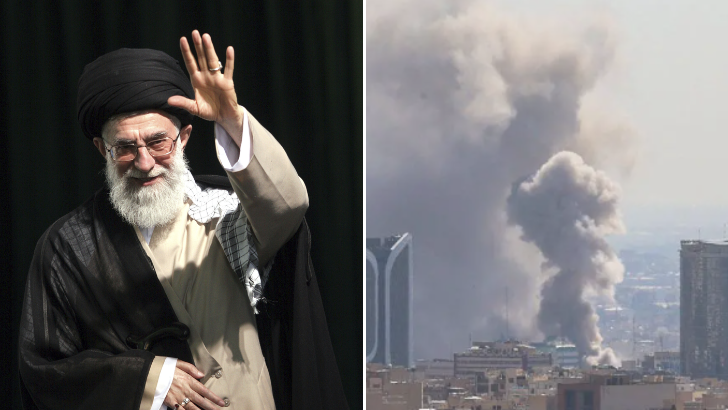650 people killed in violence in Bangladesh: UN report
Several deaths were reported between 7 and 11 August, including those who died while undergoing medical treatment for injuries sustained in the violence, the UNHCR report suggested
PTI
-
Military and paramilitary personnel stand guard as protesters block the road in front of the former residence of Sheikh Mujibur Rahman, on his death anniversary in Dhaka, Bangladesh. FILE PHOTO: PTI
Dhaka/Geneva, 17 Aug
Nearly 650 people have been killed
in the recent unrest in Bangladesh between 16 July and 11 August, the UN Human
Rights Office has said in a preliminary report, suggesting a thorough,
impartial and transparent investigation into reports of extrajudicial killings,
arbitrary arrests and detentions.
According to the 10-page report
titled “Preliminary Analysis of Recent Protests and Unrest in Bangladesh”,
nearly 400 deaths were reported between 16 July and 4 August while around 250
people were reportedly killed following the new wave of protests between 5 and
6 August, leading to the ouster of former prime minister Sheikh Hasina.
The available public reports by
media and the protest movement itself claimed that between 16 July and 11 August,
more than 600 people were killed due to the wave of violence following the
Anti-Discriminatory Student demonstrations.
The number of reported killings in revenge attacks since that time
remains to be determined, the report, released on Friday in Geneva, said.
Several deaths were reported
between 7 and 11 August, including those who died while undergoing medical
treatment for injuries sustained in the violence, the UNHCR report suggested. Those
killed include protesters, bystanders, journalists and several security forces
personnel, it said, adding that thousands of protesters and bystanders were
injured, with hospitals overwhelmed by the influx of patients.
The report said the reported death
toll was likely an underestimate as information collection faced a hindrance by
restrictions on movement due to the curfew and the internet shutdown. Furthermore,
hospitals were reportedly prevented by state authorities from providing details
of those killed and injured, the report suggested.
Triggered by the reinstatement of a
quota system for the allocation of jobs in civil services, the student protests
in Bangladesh in mid-June turned violent, with reports of severe human rights
violations by security forces. “There are strong indications, warranting
further independent investigation, that the security forces used unnecessary
and disproportionate force in their response to the situation," the report
said.
"Additional, alleged
violations, that also warrant thorough, impartial and transparent
investigations included extrajudicial killings, arbitrary arrests and
detention, enforced disappearances, torture and ill-treatment, as well as severe
restrictions on the exercise of freedoms of expression and peaceful assembly,”
the report said.
There were also reports of looting,
arson and attacks on members of religious minorities, as well as reprisals
against and revenge killings of members of the former ruling party and police
following the resignation of Hasina on 5 August, the report said.
On 15 August, mobs armed with
bamboo sticks, iron rods and pipes reportedly assaulted the former prime
minister's Awami League Party supporters who had gathered to pay their tributes
to Bangabandhu Sheikh Mujibur Rahman on his death anniversary.
The UN report emphasised the
importance of rapidly restoring law and order, as well as the need for
effective measures to prevent further loss of life, violence and acts of
reprisals. “Law enforcement agencies need to receive clear instructions and
training on the use of force, in line with international human rights
standards. They must protect populations at risk against any retaliatory or
revenge violence, including minority communities,” the report said.
On Friday, UN Human Rights chief
Volker Turk underlined the need for accountability for all those responsible
for human rights violations and violence, including against religious
minorities, in Bangladesh as his office issued the preliminary report.
Calling for a comprehensive,
impartial and transparent investigation into all human rights violations, Turk
also said the transition in the South Asian nation is a historic opportunity to
ensure governance is anchored in human rights, inclusivity and the rule of law.
Turk’s comments came a day after it
was announced that a team from his office is slated to visit Bangladesh next
week to investigate the killings of the protesters ahead of and in the
aftermath of Hasina’s resignation as the prime minister on 5 August. “The
transition ahead presents a historic opportunity to reform and revitalise the
country’s institutions, to restore fundamental freedoms and civic space, and to
give all in Bangladesh a part in building the future,” the High Commissioner
said.
Leave a Reply
Your email address will not be published. Required fields are marked *








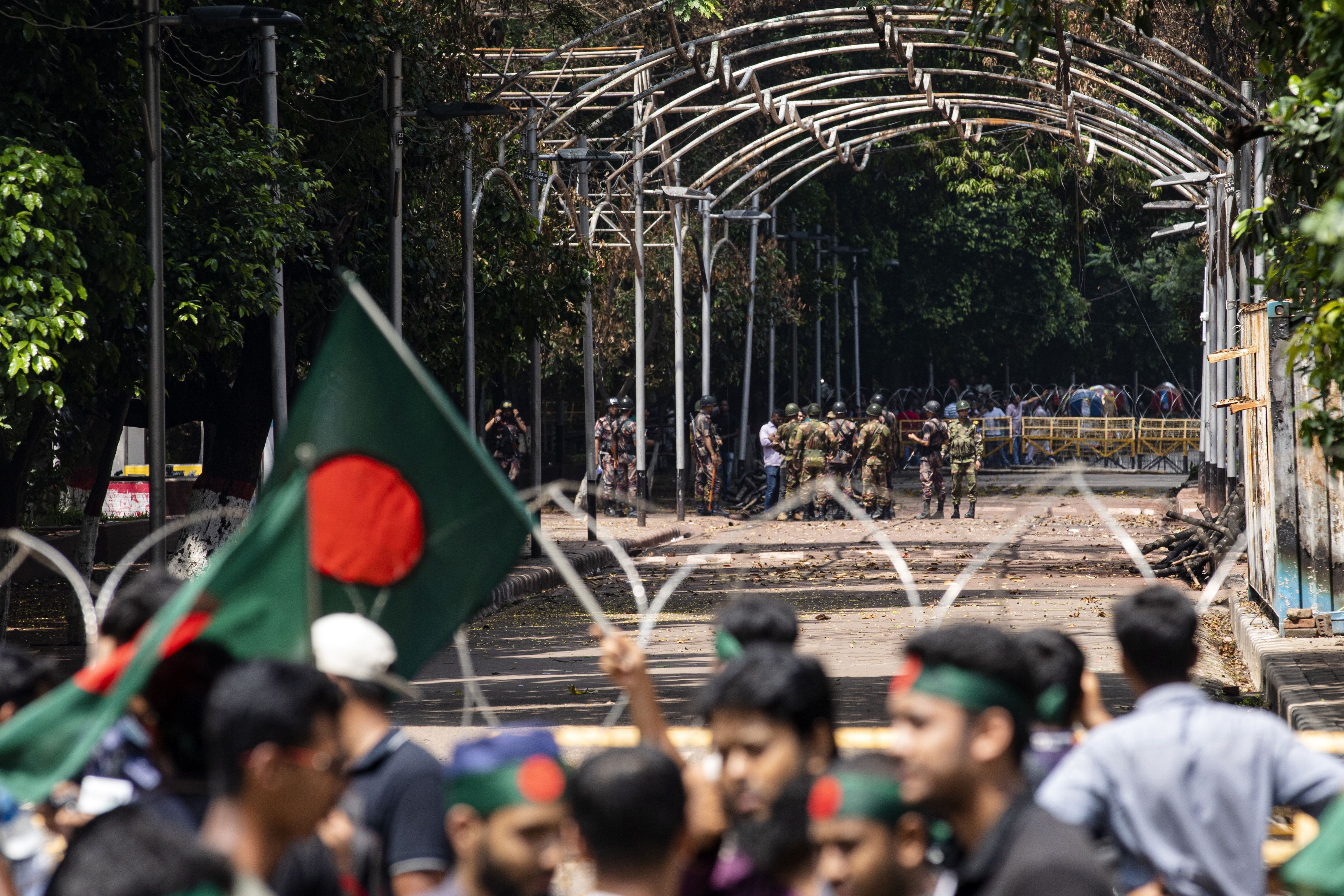

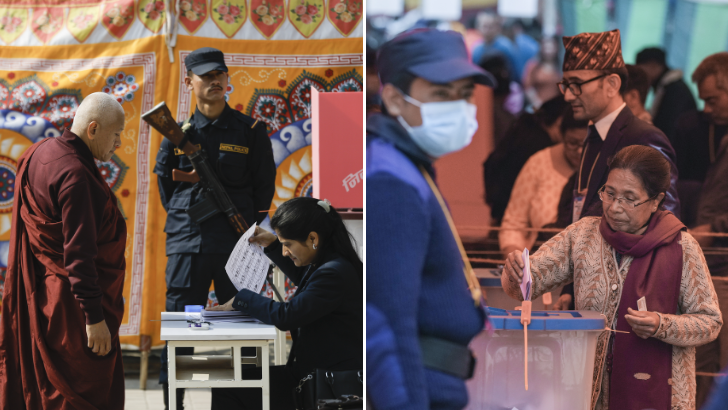
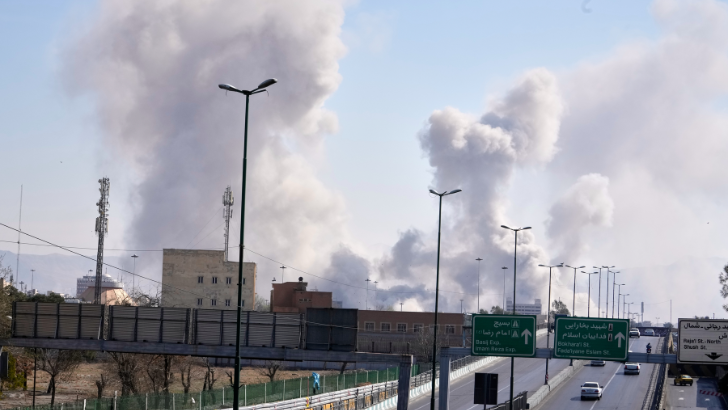

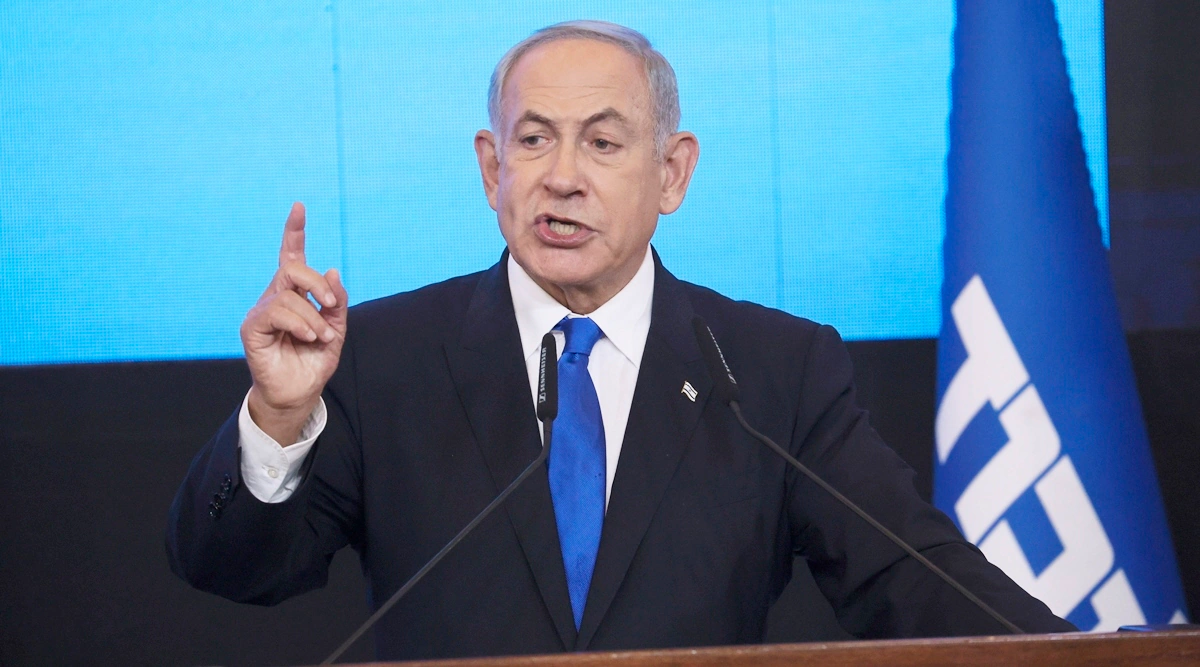
.jpg)
